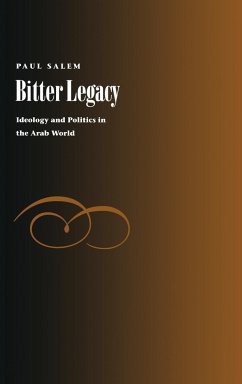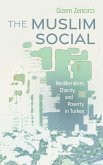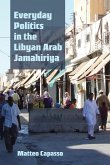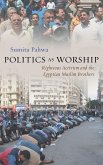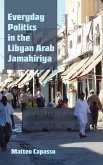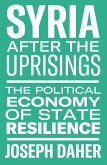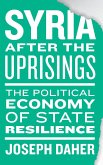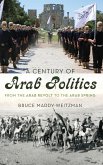Ideology has been described as the single most powerful driving force in modern Arab politics. In this analysis, Salem examines the rise and fall of the main ideological currents in the Arab world and their effect on the region's politics. Using an engaging multidisciplinary approach, he analyzes the root psychological, political, and economic causes of ideological politics and studies the intellectual content of the principal movements, from Arab nationalist, to Islamic fundamentalism, Marxism, and various regional nationalisms. The picture he paints is of a political culture thirsty for grand illusions and millennial promises, but all too conscious of its disarray. Indeed, the empty husks of collapsed ideological movements are part and parcel of this region's all too bitter legacy. Bitter Legecy's fluid style and wide scope recommend it to all those interested in gaining deeper insights into the Middle East. Islamic movements in the Arab world. He uses a multidisciplinary approach and a breadth of theoretical work from the fields of sociology, social psychology, and political science. He also draws on primary Arabic sources, examining the main works of Sati al-Husri, Michel Aflaq, Sayyid Qutb, and Antoun Saadeh.

